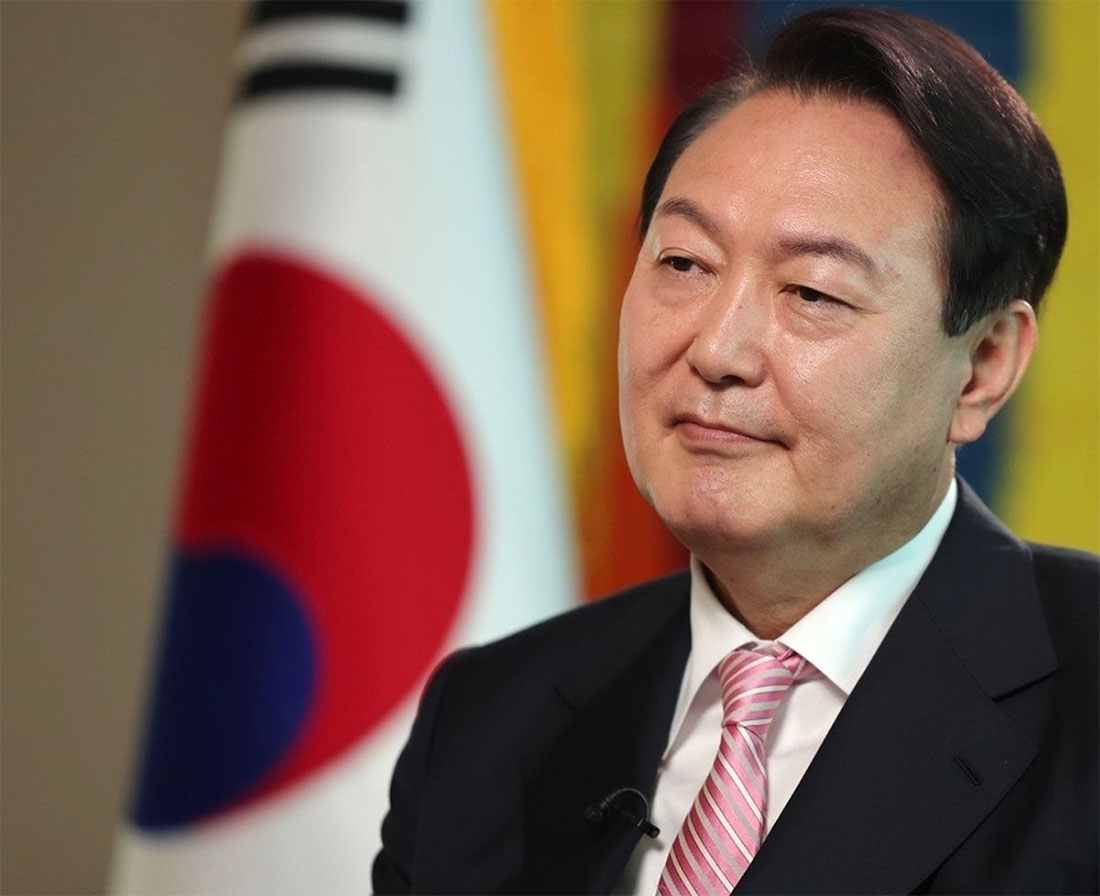Photo Credit: Getty Images
In a historic ruling Friday, South Korea's Constitutional Court unanimously ousted President Yoon Suk Yeol, upholding parliament's impeachment motion over his controversial imposition of martial law last year. The decision marks the culmination of months of political turmoil that has gripped the nation.
Prime Minister Han Duck-soo will serve as acting president until a new election is held within the mandated 60-day timeframe. Following the verdict, Han vowed to maintain national security and ensure the upcoming election reflects "the will of the people who are sovereign."
"The Constitutional Court's unanimous ruling has removed a major source of uncertainty," noted Professor Leif-Eric Easley of Ewha University in Seoul. "And not a moment too soon, given how the next administration in Seoul must navigate North Korea's military threats, China's diplomatic pressure, and Trump's trade tariffs."
The court rejected Yoon's argument that martial law was intended merely as a warning. Instead, they determined he had violated constitutional powers, triggering what analysts call South Korea's worst political crisis in decades.
Yoon's fall from grace has been swift and dramatic. Before taking office in 2022, he rose to prominence as a star prosecutor who played a key role in the investigation of South Korea's previous impeached president, Park Geun-hye. Now, Yoon becomes the second president ousted by the Constitutional Court and the shortest-serving elected leader in the nation's democratic history.
The political upheaval comes at a challenging time for South Korea's economy. The country faces slowing growth amid global economic pressures, including market volatility following recent Wall Street turmoil.
Just two years ago, Yoon enjoyed international recognition as a key U.S. ally. During a 2023 White House state dinner, he memorably performed Don McLean's "American Pie" for then-President Biden, showcasing what appeared to be strong U.S.-Korean relations.
Behind this diplomatic goodwill, however, Yoon struggled with domestic governance. He clashed continually with opposition lawmakers who had secured a decisive victory in midterm elections. Their parliamentary control allowed them to block legislation and impeach cabinet members, creating the political gridlock Yoon ultimately cited to justify his martial law decree.
Beyond the impeachment, Yoon now faces additional legal troubles with pending criminal charges for insurrection. Opposition leader Lee, following the court's decision, thanked citizens who "protected the democratic Republic of Korea" and pledged to restore peace, rebuild the economy, and prevent similar constitutional crises in the future.


